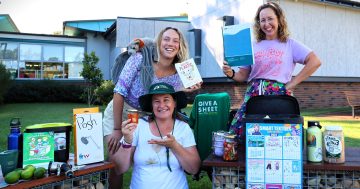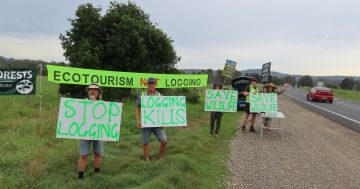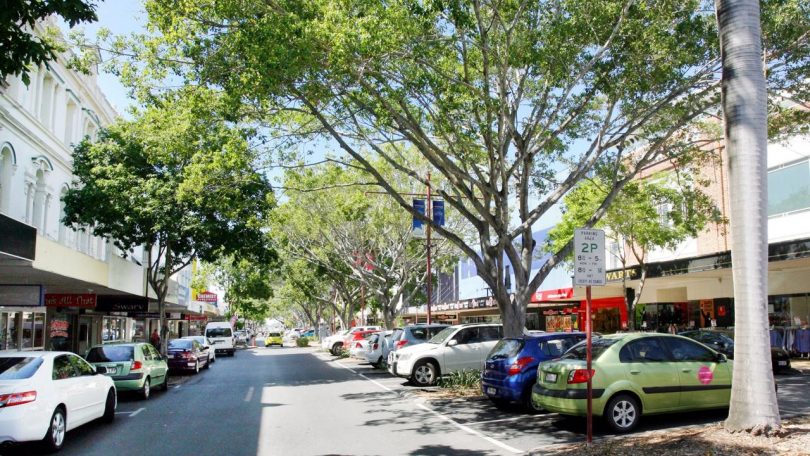
Street trees can radically reduce temperatures in urban areas. Photo: Supplied
With fires raging up and down the East Coast, temperature records being broken and our rivers running dry, many in the community are asking for action and leadership from all levels of government.
Members of the Eurobodalla community have just attended a council workshop held in response to moves for Eurobodalla Shire Council to declare a climate emergency.
Council’s Manager of Environmental Services Deb Lenson says 23 people attended with 80 possible actions suggested.
“Council’s Emissions Reduction Plan sets a goal of 80 percent emissions reduction by 2030 and 100 percent of its electricity sourced from renewables by the same date,” she says.
“This workshop focussed more on how Council can support the community in reducing emissions and developing resilience in the face of climate change.”
Ms Lenson says, in addition to increasing the number of electric vehicles in its fleet and a stronger focus on community education, attendees prioritised several other actions for Council – support and funding for shared pathways, pedestrian access and road crossings to encourage ‘active transport’ like walking and cycling, planting more trees, protecting and enhancing native vegetation to store carbon and recycling food and garden organics.

Workshop attendees looking for practical actions to reduce the shire’s greenhouse gas emissions want Council to increase the number of electric vehicles in its fleet. Photo: Supplied
The workshop provided members of the community with an opportunity to put forward ideas for consideration by the Council.
Workshop attendees included representatives from NSW Department of Planning, Industry and Environment, South East Local Land Services, Eurobodalla Shire Council, Cr Pat McGinlay (observer), Eurobodalla Landcare Network, Country Women’s Association, 350.org, and Southcoast Health and Sustainability Alliance (SHASA).
Short presentations were given by Kathryn Maxwell from SHASA, Allan Rees from 350 Eurobodalla, Michelle Hamrosi from Doctors for Climate Action and Annette Kennewell.
“Some of the recommendations for Eurobodalla Council to come out of the meeting were for Eurobodalla Council to follow the lead of Bega Valley Shire Council and develop a climate resilience strategy in order to provide a coherent plan to co-ordinate its climate change activities,” Ms Maxwell says.
The workshop recommended that $1 million in annual savings from efficiency measures be redirected from general revenue to funding additional measures to reduce emissions and adaptation measures both for Council and the broader community.
The idea of Council providing loans for rooftop solar, to be paid off on rates bills, was also discussed, and that Council also needs to provide more incentives for households to install rainwater tanks and more water-efficient appliances and fund a grants programs to support community projects to reduce emissions and adaptation measures.
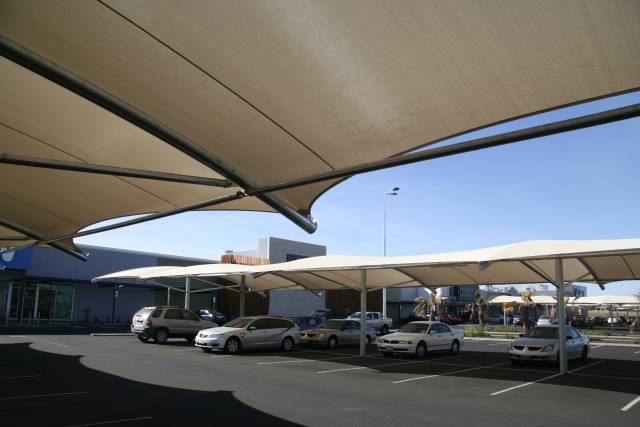
Shade sails on carparks lower temperatures. Photo: Supplied
With increasing temperatures in mind, it was also recommended that Council provide more water fountains, shading of car parks, shading of shopfronts, establish heatwave and bushfire refuges with air conditioners and battery backup, and rebates to insulate houses.
Participants also suggested that transport emissions could be lowered by increased funding for active transport by creating better footpaths, wider verges for cyclists on major roads including George Bass Drive and the Princes Highway and pedestrian crossings in Mogo and Bodalla.
Ms Maxwell says, “the current Council investment of $350,000 pa in its Pathway Plan is woefully inadequate.”
Quicker action on electric vehicles was discussed, including converting Council’s fleet to electric vehicles and setting up EV charging stations, as well as improved public transport through the purchase of an electric bus.
On the issue of waste, it was suggested that Council needs to follow the lead of Bega Valley Shire and introduce a food and garden waste kerbside recycling system to turn this waste into much needed compost for farmers and market gardeners.
The workshop also asked that Council prepare a Heatwave Plan, which would aim to improve the thermal qualities of houses, improve social housing, enhance mental health awareness and increase street tree planting.
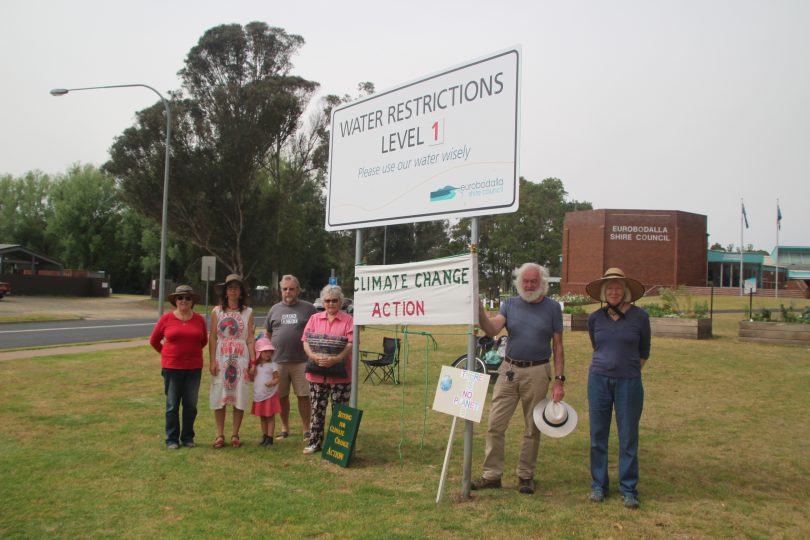
Community members on the Friday Climate Strike outside ESC offices for the 4th week. Photo: Alex Rea
In September, Council adopted an Emissions Reduction Plan, Ms Lenson says the Plan was mid-way through its four-year implementation cycle, with 21 new actions and 48 ongoing actions across Council’s operations.









